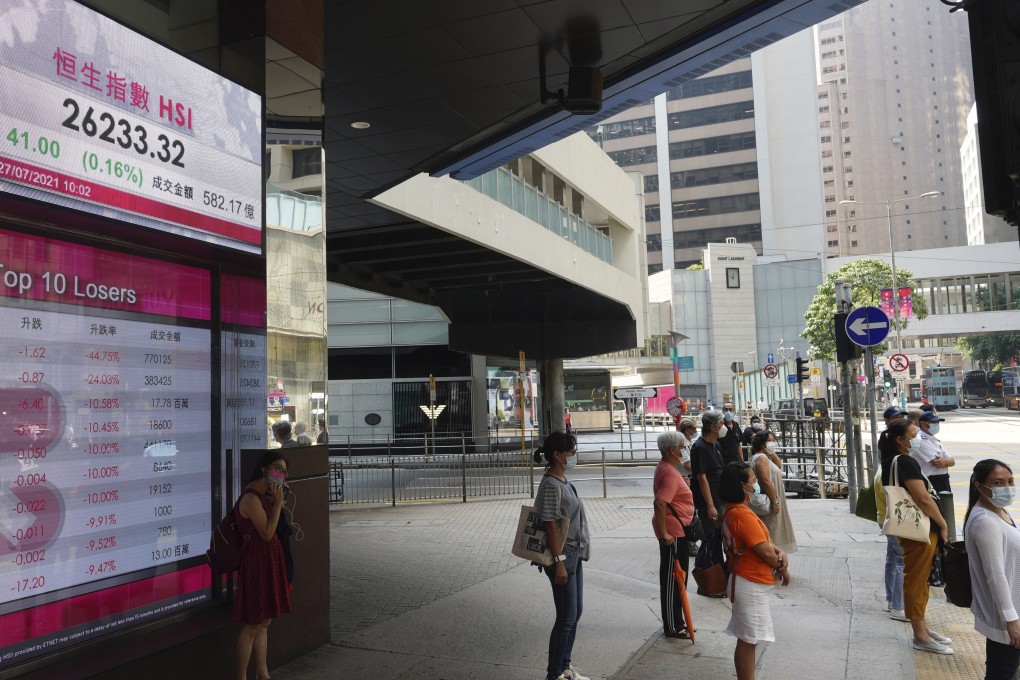Editorial | Issue of green bonds cheers retail investors
- With a lot size of just HK$10,000, long- suffering but risk-averse savers will find a good place to park their money

As expected, Hong Kong’s inaugural Retail Green Bond has received an enthusiastic response from small investors. Backed by the government, it offers safety, a hedge against rising inflation, and a chance to help promote local environmental projects. There is plenty to like about this latest government offering. Deliberately structured to make it affordable and easy to subscribe online for retail investors, it’s similar to the popular inflation-linked iBonds. Perhaps more importantly, after the havoc wreaked first by civil unrest and then the Covid-19 pandemic, the green bond’s launch marks Hong Kong’s gradual return of business and financing activities to normality.
First announced by Financial Secretary Paul Chan Mo-po in February, the new bond aims to cement the city’s commitment to a green economy by encouraging sustainable and environmentally friendly projects. The retail offering is about a third of the HK$56 billion (US$7.14 billion) of green bonds that Hong Kong’s government has already sold to institutional investors. With a maturity period set for three years, the bond pays a minimum guaranteed annual interest of 2.5 per cent. That’s more generous than the last iBond, set at a minimum 2 per cent coupon rate. But both bonds would beat the inflation rate of 1.7 per cent in March and bank deposit rates of close to zero. The new bond’s interest will be paid every six months.
With a lot size of just HK$10,000, long- suffering but risk-averse savers will find a good place to park their money. Judging from the high number of applications during the first days, it’s likely to be oversubscribed. More may be released to meet demand after the subscription deadline on Friday.
For the moment, the green bond’s success and popularity seem assured. The government says the bond investment will be used to promote wind and solar power, waste-to-energy projects, and other energy-efficient projects to make sure the city reaches carbon neutrality by 2050. Chan has ambitions for the city to become a regional “green” financing hub. Having lagged behind some Asian and mainland Chinese cities, it remains to be seen how far it will help promote environmental protection in Hong Kong. But for now, retail investors seem to love it. That’s a ray of sunlight in our troubled city.
